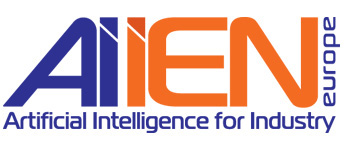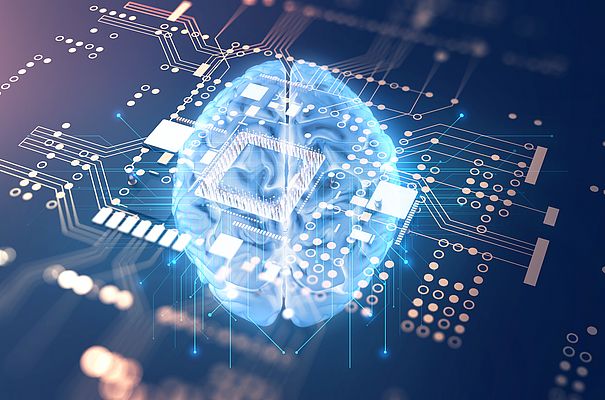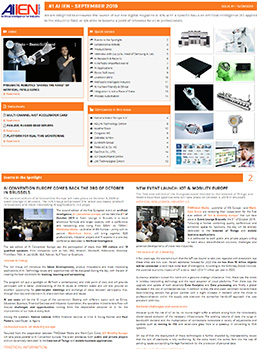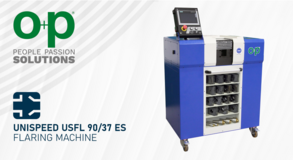Created in 1995 by the Engineering Faculty of the University of Mons, the research innovation center of Multitel has adopted IBM® Watson® Machine Learning Accelerator to harness the power of deep learning (DL) and tackle some of the biggest challenges of our time. Jean-Yves Parfait, AI Team Leader at Multitel and Franz Bourlet, Power Systems Expert at IBM, explain why ML is an added-value for industrial players.
IEN Europe: How long has IBM researched in AI and Machine Learning?
F. Bourlet, IBM: Arthur Samuel is one of the pioneers of machine learning. While working at IBM, Arthur Samuel wrote a Checker’s playing program on IBM’s first commercial computer 701. IBM Research has been exploring artificial intelligence and machine learning technologies and techniques for decades. We believe AI will transform the world in dramatic ways in the coming years - and we’re advancing the field through our portfolio of research focused on three areas: Advancing AI, Scaling AI, and Trusting AI. We’re also working to accelerate AI research through collaboration with likeminded institutions and individuals to push the boundaries of AI faster - for the benefit of industry and society.
IEN Europe: Who are your main partners when it comes to AI and ML?
F. Bourlet, IBM: Founded in 2017, the MITIBM Watson AI Lab is a unique academic / corporate partnership to spur the evolution and universal adoption of AI. The MIT-IBM Watson AI Lab focuses research on healthcare, security, and finance using technologies such as the IBM Cloud, AI platform, blockchain and quantum to deliver the research to industries.
IEN Europe: Speaking about ML, what’s the main added value for industrial players?
J-Y. Parfait, Multitel: Industrial players may find value in machine learning in different ways: 1) create new business opportunities through innovative services, 2) personalize the relationship with the customer 3) enhance the efficiency of internal processes (administrative processes, energy efficiency, foster innovation like in drug or material discovery,...).
IEN Europe: Which challenges in the industrial space could ML help solve?
J-Y. Parfait, Multitel: ML best complement the humans in the following cases: 1) the number of observable patterns, 2) processing speed, 3) the number of decision variables are beyond what a human can handle. Some big industrial challenges ML is likely to help solving are: production flow analysis/scheduling (potentially based on IoT data), predictive maintenance, quality control, automation of administrative processes.
IEN Europe: Could you give practical examples?
J-Y. Parfait, Multitel: Some examples inspired from Multitel’ past and ongoing projects:
- Production flow analysis/scheduling: Impact analysis of production line capacity upgrade on the current company internal processes and human resources, impact of changes in plant organization on productivity...
- Predictive maintenance: vibration sensors combined with ML can help to estimate the remaining time of life of production assets allowing plant managers to schedule maintenance operation in an economical way.
- Quality control: 3D laser-camera technology combined with ML can be used to detect defaults in products on very-high throughput production lines.
- NLP and chatbots can be used by operators to browse product technical documentation.
IEN Europe: How can your IBM® Watson® Machine Learning Accelerator harness the power of deep learning?
J-Y. Parfait, Multitel: Thanks to IBM Watson Machine Learning Accelerator we can now train machine learning and deep learning models up to 10 times faster—reducing the total training time from weeks to just days. Training our machine learning algorithms faster frees up more time for us to test and refine these models, which in turn enables us to speed up downstream development.
Sara Ibrahim


















